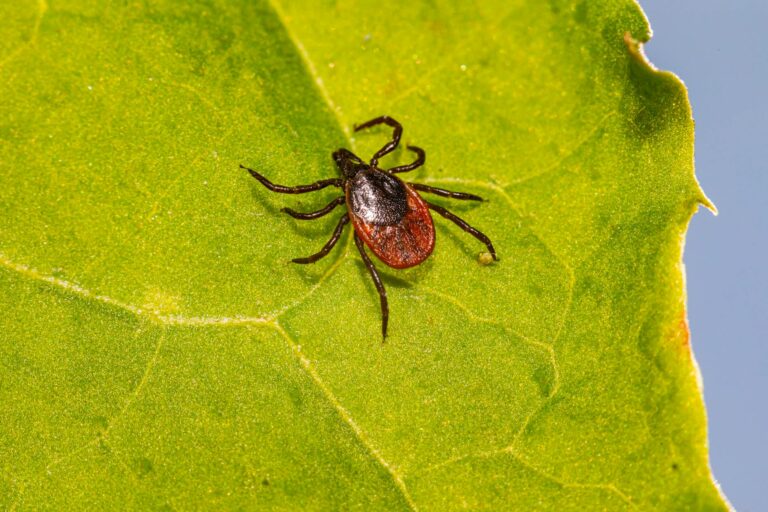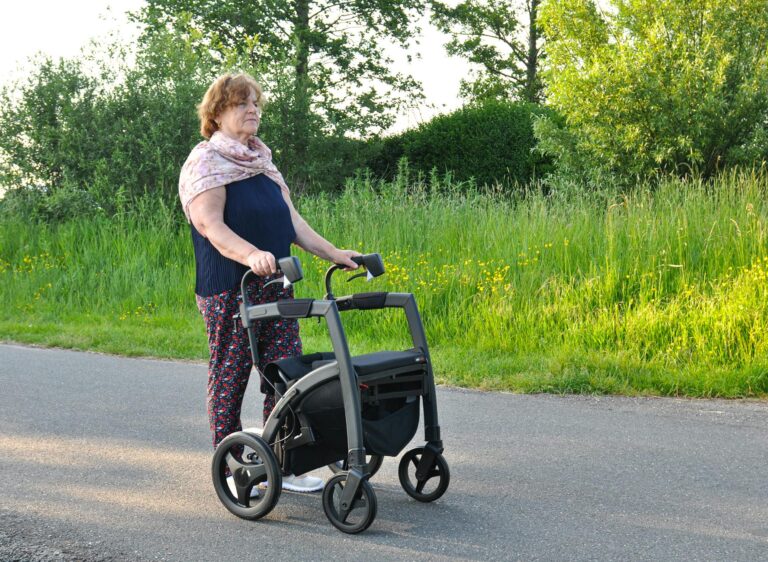As we age, it is natural for our bodies and minds to change. However, sometimes these changes can be more than just a sign of getting older. When my grandmother was diagnosed with dementia, our family knew that it would bring about many challenges and adjustments. However, we were not prepared for her to develop obsessive-compulsive disorder (OCD) as well.
OCD is a mental disorder characterized by recurring thoughts or obsessions that lead to repetitive behaviors or compulsions. These behaviors are often irrational and uncontrollable, causing distress and interfering with daily life. While it is typically thought of as a disorder that affects younger individuals, it can also develop later in life, especially in those who have a family history of the condition.
In my grandmother’s case, her OCD manifested in the form of skin-picking. At first, we didn’t think much of it as she has always been meticulous about her appearance. However, as her skin-picking became more frequent and severe, we realized it was something more serious.
It was difficult to witness my once elegant and put-together grandmother constantly picking at her skin. Her face and arms were covered in scabs and scars. It was heartbreaking to see her struggle with this compulsion, knowing there was little we could do to stop it.
After doing some research and consulting with her doctor, we learned that her skin-picking was likely a result of her dementia. Studies have shown that individuals with dementia are at a higher risk of developing OCD due to changes in the brain’s structure and function. This can lead to an increase in obsessive thoughts and compulsive behaviors.
Additionally, dementia can also cause changes in behavior, such as agitation and restlessness, which can trigger OCD symptoms. In my grandmother’s case, her skin-picking seemed to provide a sense of relief from the anxiety and confusion caused by her dementia.
It was important for us to understand that my grandmother’s skin-picking was not deliberate or intentional. It was a result of her condition and beyond her control. We had to remind ourselves to be patient and understanding, even when it was challenging.
Managing my grandmother’s OCD and dementia has been a delicate balance. We have had to find ways to address her skin-picking without causing her additional distress. We have learned that distracting her with activities she enjoys, such as listening to music or going for walks, can help redirect her attention away from the compulsion.
In some cases, medication may also be prescribed to help manage the symptoms of OCD in individuals with dementia. However, this must be carefully monitored and adjusted by a medical professional.
Aside from managing her OCD, we have also had to adjust our approach and communication with my grandmother. As her dementia progresses, she often repeats the same questions or stories, which can be frustrating. However, we have learned to respond patiently and calmly, understanding that it is a symptom of her condition.
While it has been challenging to witness my grandmother’s decline and cope with her OCD, it has also brought our family closer together. We have had to work as a team to support and care for her. We have also learned to cherish the moments we have with her, knowing that her condition will continue to progress.
If you have a loved one with dementia who is also struggling with OCD, know that you are not alone. It is essential to seek support from healthcare professionals and connect with others who are going through a similar experience. Remember to be patient, understanding, and compassionate towards your loved one, as they navigate these challenging conditions.
In the end, my grandmother’s skin-picking may be a small part of her overall journey with dementia, but it serves as a reminder to us all that mental health is just as crucial as physical health, especially in older adults. Let us continue to raise awareness and support for those who are battling these conditions, and show them the love and compassion they deserve.





